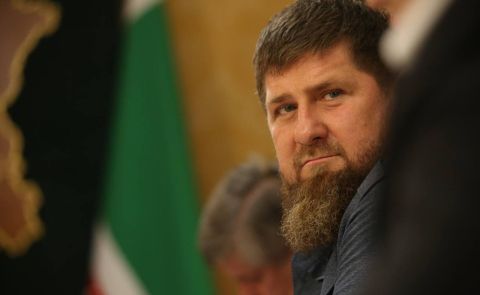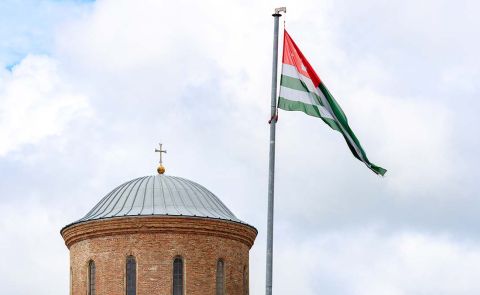
Tensions Between the Georgian Dream and the US Ambassador
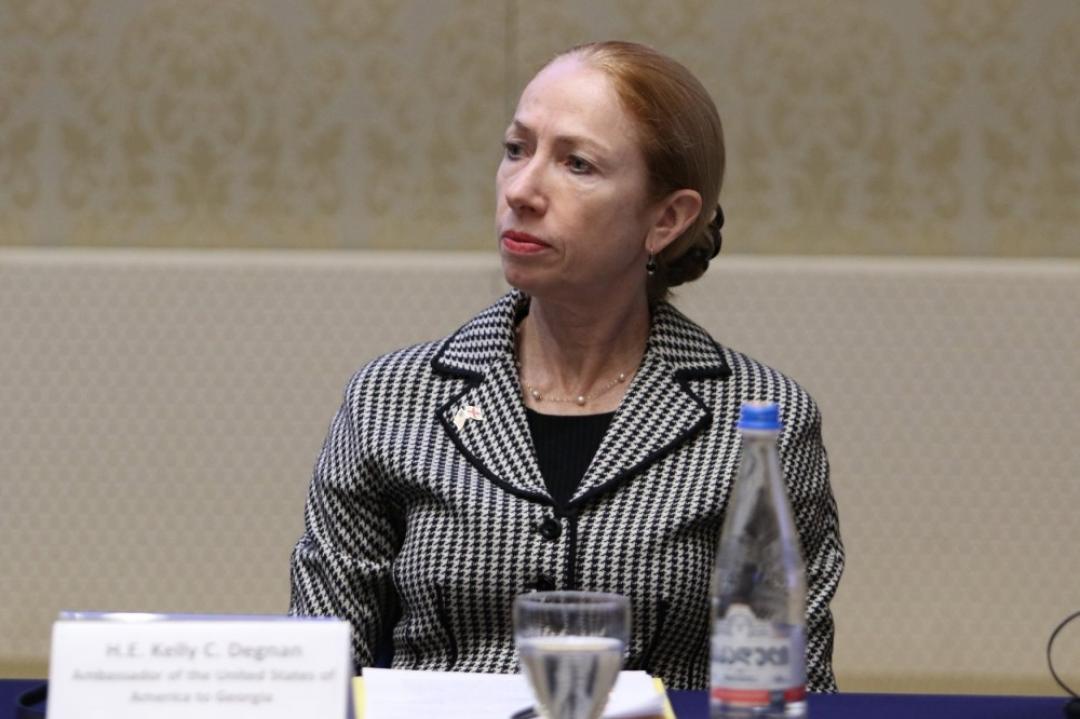
Chairman of Georgian Dream, Irakli Kobakhidze, said on July 8 that US Ambassador Kelly Degnan's response to MP Mikheil Kavelashvili's open letter "is, to put it mildly, insulting and insulting to the parliament and the state".
Noting that his response was determined by collegiality and state interests, Kobakhidze said that he does not agree with the form or content of the ambassador's statement. Regarding the latter, the chairman of the ruling party said that the ambassador, in fact, did not deny Mikheil Kavelashvili's accusations against the public defender, Nino Lomjaria, and the head of "International Hardship-Georgia", Eka Gigauri. According to Kavelashvili, both Lomjaria and Gigauri, which are supported by the US, supported Georgia's involvement in the war with Russia.
Like Kobakhidze, MP Dimitri Khundadze also noted that Kelly Degnan's statement is an insult not only to one MP, but also to Georgian voters. Khundadze, along with Kavelashvili and another deputy, Sozar Subar, left the ruling party on June 26. At that time, the deputies promised to provide the public with information about the events taking place "behind the scenes of Georgian politics" "gradually" and "dosed". According to them, the government has put itself in a losing position with the topic of EU candidacy.
Despite leaving the ruling party, the statements of three former members of "Georgian Dream" are published on the official pages of the Parliament. Ambassador Degnan said yesterday that the three parliamentarians’ narrative was "very close to the views of other ruling party leaders".
The ruling party first hinted that the West was trying to drag Georgia into the war at the beginning of May, when it was reported that the founder of the party, Bidzina Ivanishvili, faced some problems in carrying out transactions in Western financial institutions. Later, experts close to the government, Ivanishvili's lawyers and Irakli Kobakhidze voiced accusations about US involvement. However, they later denied accusing the US of involving Georgia in the war. Since then, speculation about the conspiracy of the West and the pro-Western local opposition to drag Georgia into the war has become the main component of the political rhetoric of the Georgian Dream, which has become even stronger after the refusal to grant the status of a candidate for EU membership.
Earlier the US ambassador appealed to the Georgian political class: "Get to work, get to work to fulfill the [European Commission's] recommendations and don't limit yourself to just talking". The ambassador announced this at the event of the US Agency for International Development on July 8.
Ambassador Degnan also criticized the open letter of MP Mikheil Kavelashvili, who recently left the ruling party, calling it "full of lies and conspiracy theories". In his letter, Kavelashvili accused the US ambassador of inciting civil society representatives and the opposition, which, according to Kavelashvili and his two colleagues who left the Georgian dream, Dimitri Khundadze and Sozar Subari, pushes the country to war with Russia. Degnan emphasized that the narrative of former members of the ruling party is very close to the opinions of other Georgian Dream leaders and that Kavelashvili's rhetoric "doesn't feel like he has actually left the party, as he says."
Noting that the only way to get EU candidate status is to follow the recommendations of the European Commission, Ambassador Degnan emphasized that "there are no questions about what should be done. There is a very clear road map and Georgian leaders have already agreed on most of the necessary reforms. Now is the time to implement them. Action is needed, not words, not task forces, but action to make progress."
Degnan’s response comes following Kavelashvili’s letter of rebuke to the US ambassador to Georgia and notes that the narrative of Georgia's involvement in the war is not heard from the Russian Federal Security Service (Russian abbreviation “FSB”), but from people funded and supported by the US Embassy. Mikheil Kavelashvili's letter was again published on the website of the Parliament of Georgia.
See Also

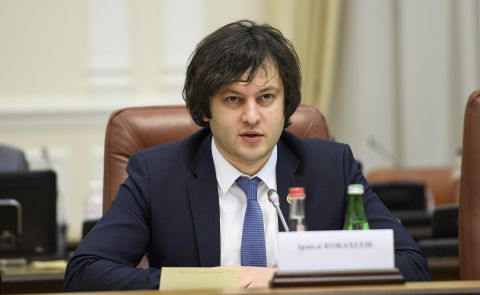
Kobakhidze Announces Full Enforcement of Georgia’s Foreign Agents Law
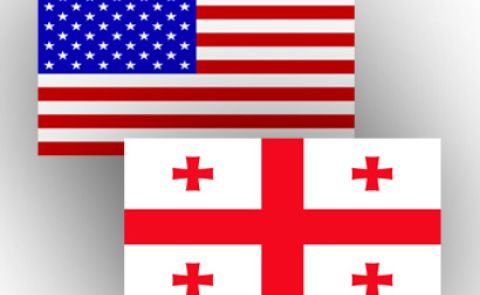
Kobakhidze Meets US Senator Daines to Discuss Bilateral Relations
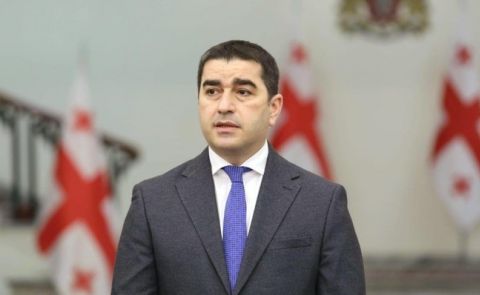
Georgian Speaker Condemns Embassy Travel Warnings as Economic Attack
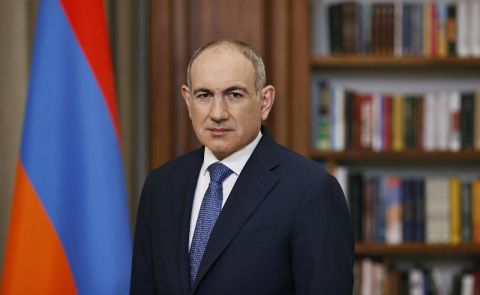
Political Crisis Deepens Between Armenian Government and Apostolic Church After Pashinyan’s Remarks
